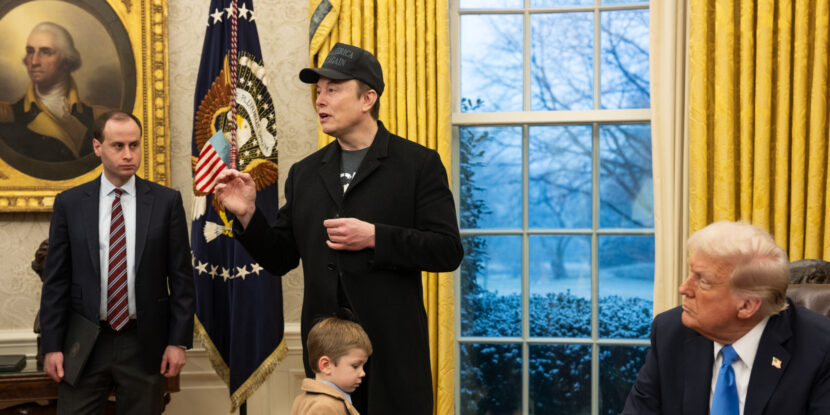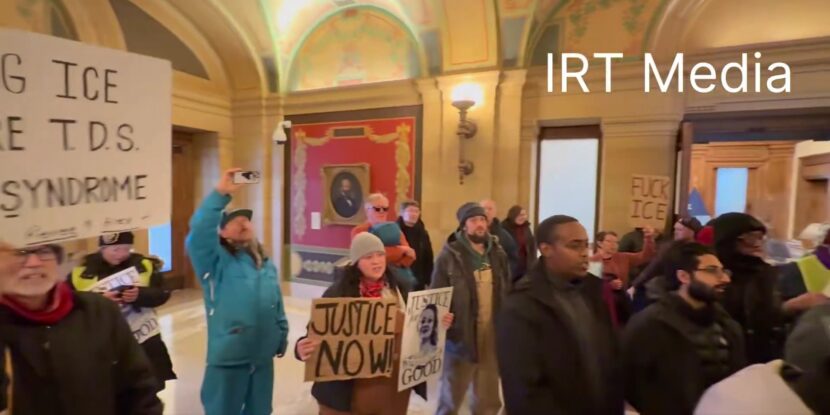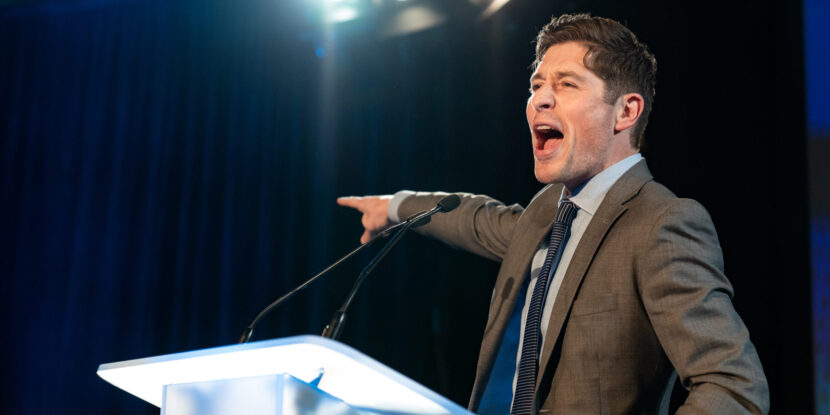PULSE POINTS:
❓What Happened: Elon Musk discussed his role in a federal government initiative to eliminate waste, fraud, and abuse, aiming to cut the federal deficit by a trillion dollars.
👥 Who’s Involved: Elon Musk, the Trump administration, Fox News anchor Bret Baier, and officials from the Department of Government Efficiency (DOGE).
📍 Where & When: The remarks were made during a recent interview on Fox News.
💬 Key Quote: Musk stated, “I think we will have accomplished most of the work required to reduce the deficit by a trillion dollars within the time frame of 130 days.”
⚠️ Impact: The initiative aims to reduce government spending by 15 percent without affecting critical services, potentially significantly reducing the U.S. federal deficit.
IN FULL:
Elon Musk—the owner of Tesla, SpaceX, and the X (formerly Twitter) social media platform—outlined progress on his work for President Donald. J. Trump aimed at curbing waste and inefficiency during a recent interview with Fox News anchor Bret Baier. Musk also shared insights into ongoing efforts to slash the federal deficit by half, equating to a reduction of one trillion dollars, through the Department of Government Efficiency (DOGE).
“We want to reduce the spending by eliminating waste and fraud, reduce the spending by 15 percent, which seems really quite achievable,” Musk said, adding: “The government is not efficient, and there’s a lot of waste and fraud. So we feel confident that a 15 percent reduction can be done without affecting any of the critical government services.”
Baier, highlighting Musk’s unusual status as a temporary government employee, inquired about his plans post-assignment. Musk stated that the primary objectives, notably the trillion-dollar deficit reduction, are on track for completion within his brief tenure of 130 days. He detailed efforts to curtail financial waste by an impressive $4 billion daily, a target spanning every day of the week. Musk stated, “I think we will have accomplished most of the work required to reduce the deficit by a trillion dollars within the time frame of 130 days.”
Amidst this ambitious agenda, Musk underscored both the inefficiencies within governmental operations and the potential for substantial savings. This initiative’s success could mean significant fiscal improvements without degrading the quality of essential public services Americans rely on. While the project’s deadline approaches, Musk’s involvement captures a clash of private-sector efficiency techniques meeting public-sector operations, underscoring ongoing discussions about how the government can better manage resources.
If successful, this initiative might alter the trajectory of federal budget management and ignite broader conversations on sustainable government practices.




















